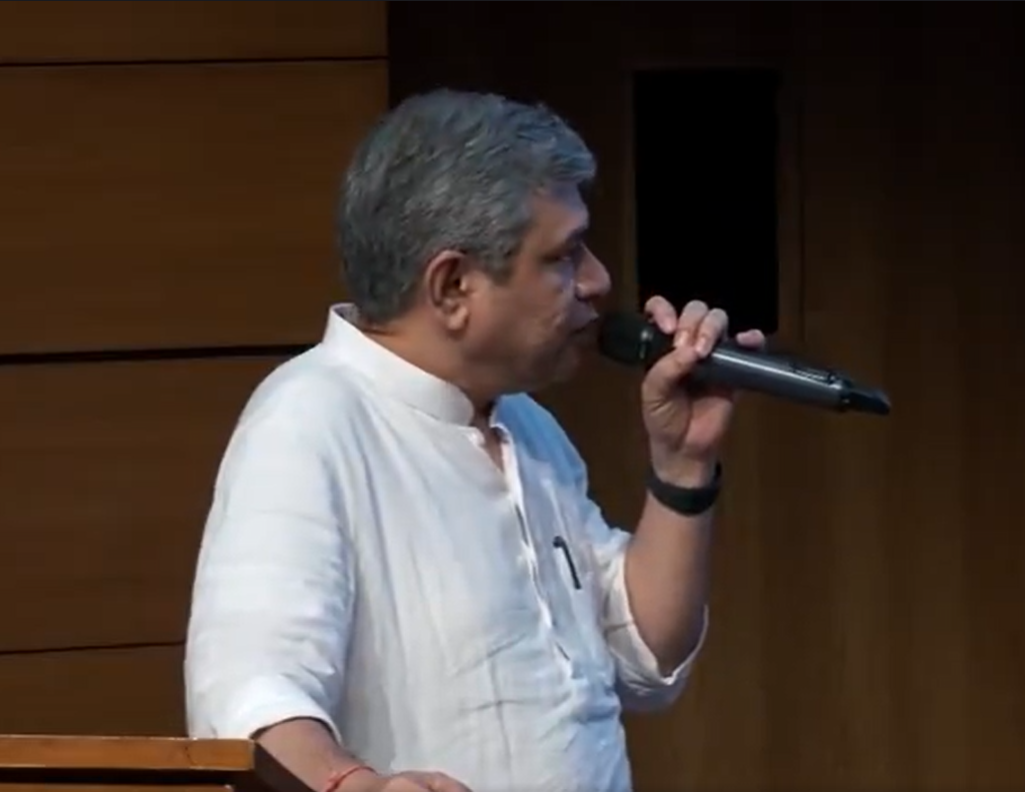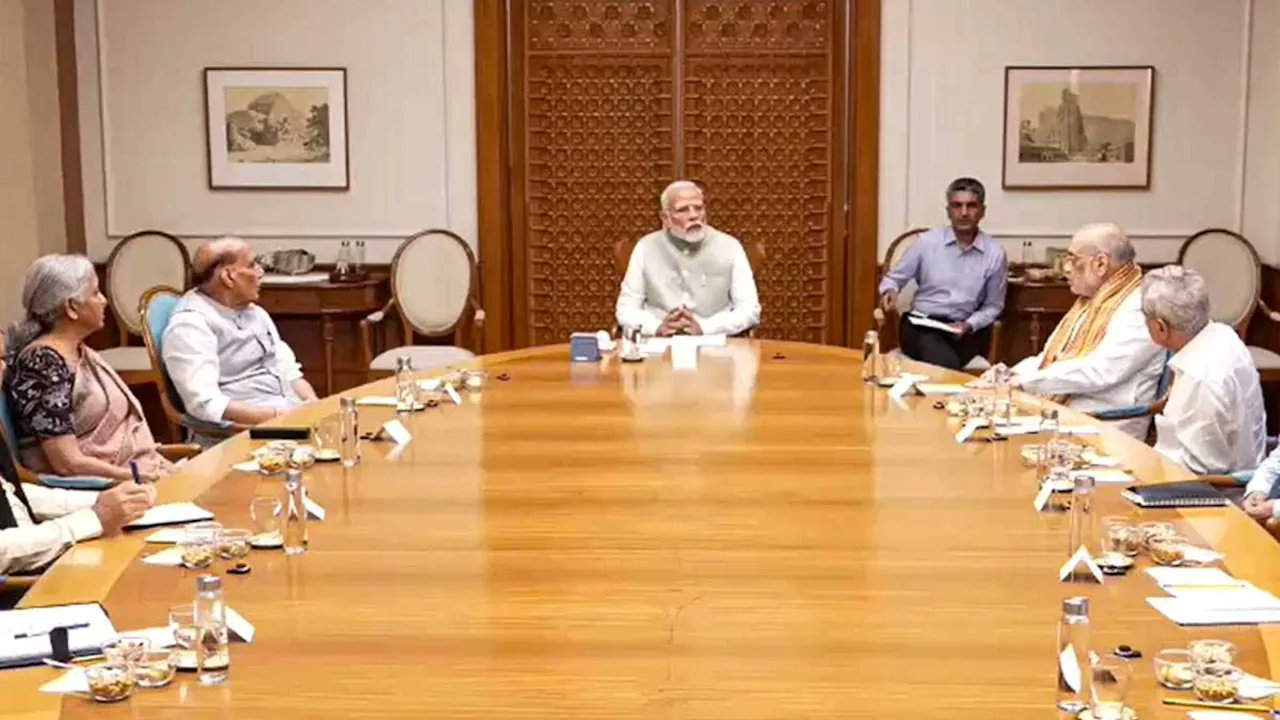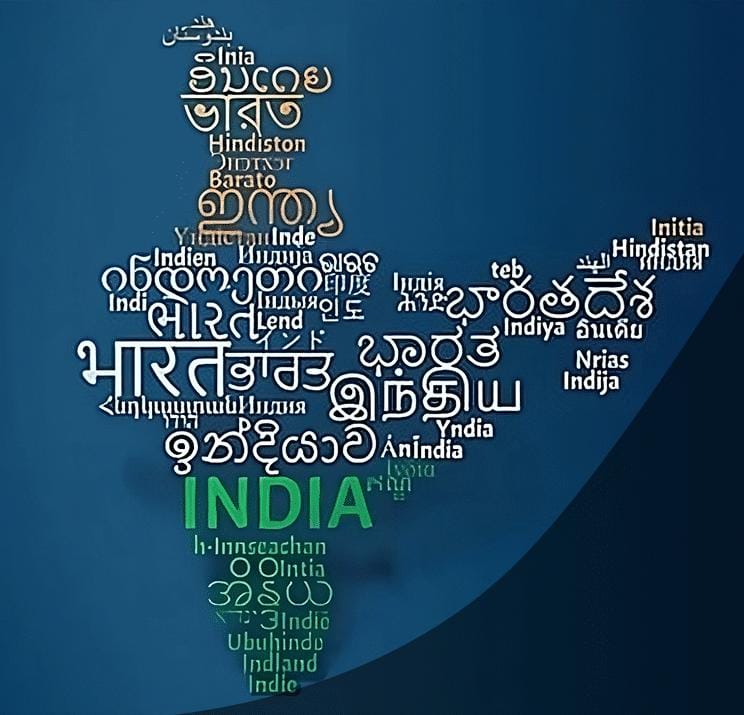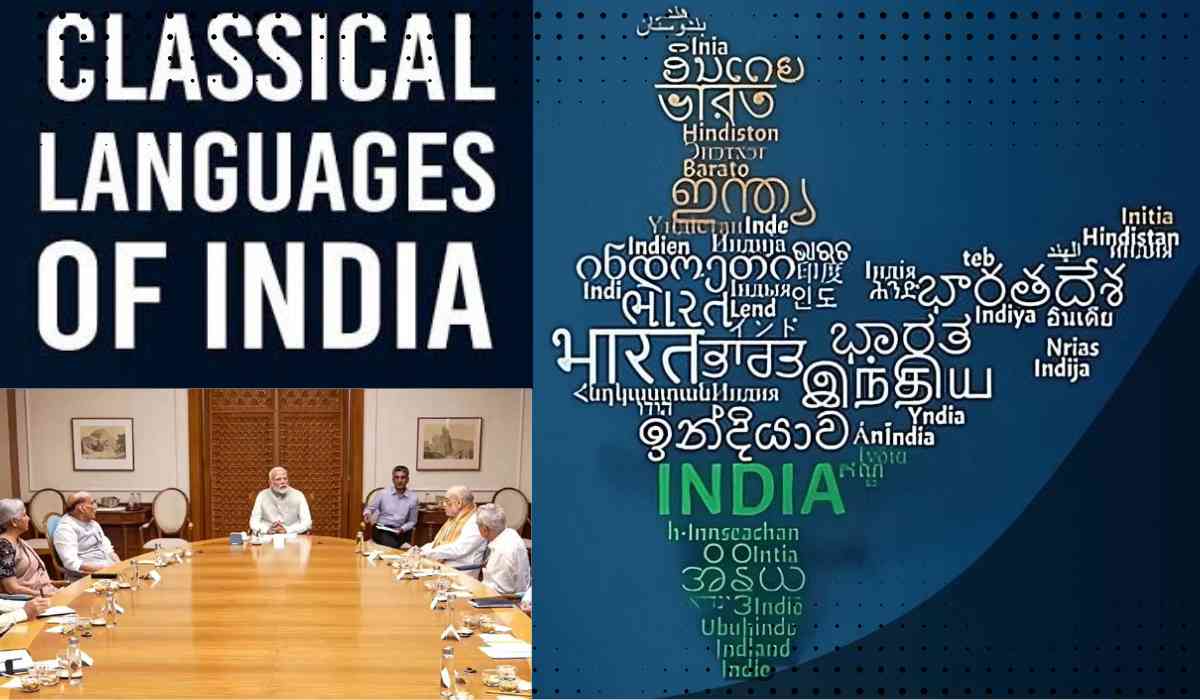
Image Source - X
India Includes Five New Classical Languages
The Union Cabinet has declared Marathi, Pali, Prakrit, Assamese, and Bengali as classical languages. While there were six earlier in the list of classical languages, now the number has reached eleven. A step like this would make the diversities in linguistic heritage in India even better protected and boost promotional activities on both domestic and international platforms for these olden languages.
Change in the Criteria for Declaring a Language as Classical
It follows a review of the criteria set by the Centre's Language Expert Committee. In the revamped rules, it lays focus on long historical records, original literary traditions, and significant ancient texts. This has resulted in the addition of five new languages.
Preservation of Cultural Heritage
In this, Minister Ashwini Vaishnaw described the decision as a landmark moment in India's cultural history. He emphasized that this step is in pursuance of Prime Minister Narendra Modi's philosophy of promoting and celebrating India's cultural diversity. Now for each newly recognized classical language, the government will provide support in the form of academic programs, research initiatives, and international promotion.

Image Source - X
Political Reaction and Context
In timing almost perfectly to coincide with the Maharashtra assembly elections, it has generated major political buzz around the recognition of Marathi as a classical language. For Prime Minister Modi, it's pride in the rich cultural contribution Marathi has made. Opposition figures like Jairam Ramesh instead pointed out the timing-claiming the government only acted after reminders.
A Broader Impact
Besides its political significance, this recognition has opened several avenues for academic opportunities. Already, the Education Ministry announced a plan to popularize these newly recognized languages by providing international awards to scholars in those disciplines, establishing research centers, and requesting universities to set up special chairs for classical language studies.
Future of Linguistic Diversity
Assam's Chief Minister, Himanta Biswa Sarma, and West Bengal's Chief Minister, Mamata Banerjee, were glad of this development, considering it a step forward in preserving India's linguistic heritage. The moment classical languages attain such acknowledgment, global academic attention will be attracted, thus ensuring India's vast culture in linguistics will always flourish.

Image Source - X
A Balanced View
While the recognition itself is a victory for preservation, in terms of timing as its opponents alleged, it may point to political maneuvering. This issue, however, does remain an important step towards safeguarding the richness of ancient Indian languages that would stand to benefit scholars, in turn, benefitting the wider cultural landscape at large.
With inputs from agencies
Image Source: Multiple agencies
© Copyright 2024. All Rights Reserved Powered by Vygr Media.





















